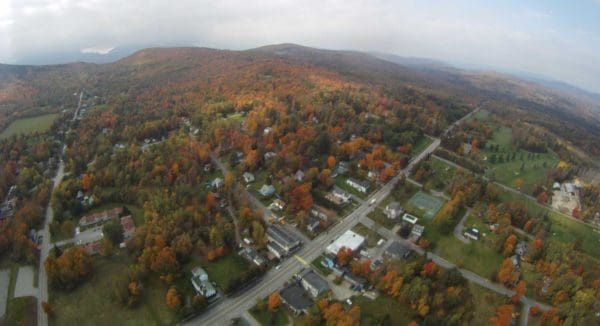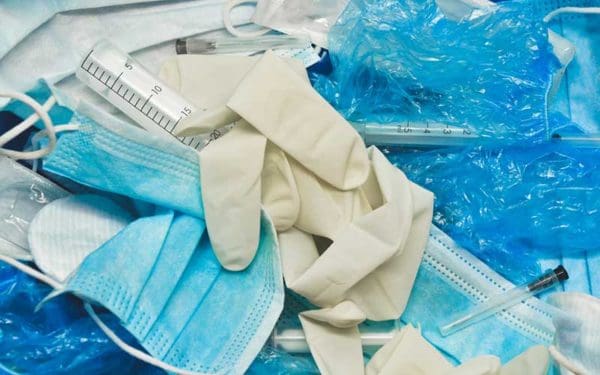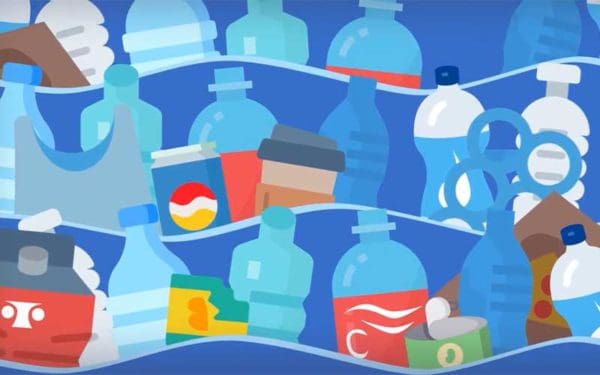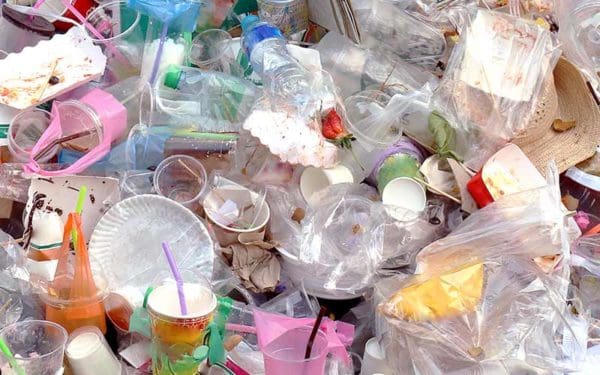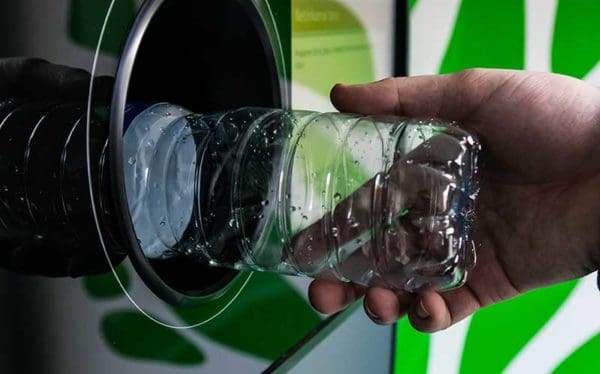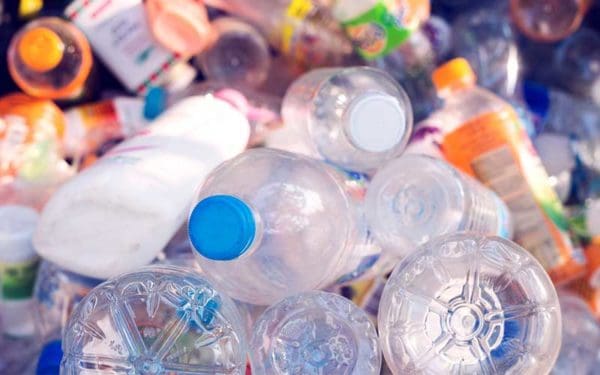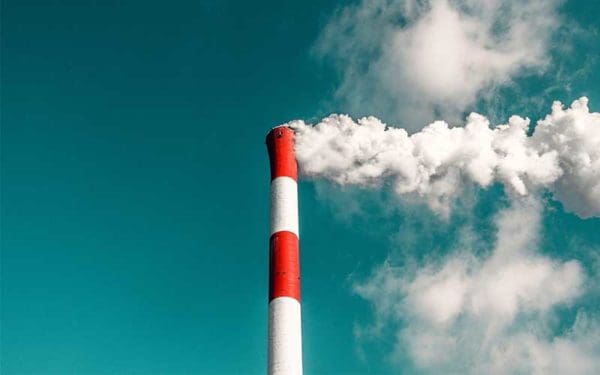Aug 10, 2021
When first built in 1976, New Hampshire’s Bethlehem Landfill was just a local dump – 400 x 400 feet in total. But thanks to large corporate waste companies with aggressive growth plans, the landfill has swelled in size. Today, it covers 50 acres and buries 175,000 tons of trash each year. The State of New… Continue reading Turning a Spotlight on New Hampshire’s Waste Crisis
Aug 06, 2021
Our waste disposal systems, like landfills and incinerators, simply can’t handle the volume of trash that is produced every day. What’s more, these waste disposal problems put us at risk. Burning and burying trash creates health threats and environmental hazards, including toxic emissions that amplify the climate crisis. In the U.S., only 30% of the 268 million pounds of trash generated each year gets recycled. The remaining 223 million pounds? That’s all sent to landfills, which produce toxic garbage juice that seeps into the groundwater, and incinerators, which release harmful emissions into the air. Sadly, these… Continue reading Problems With Waste Disposal in New England
Jul 26, 2021
“Building landfills just does not incentivize the actions you want to see. When you build this capacity, you’re not going to be recycling or composting or diverting as much as you should be,” Blair says.
Jul 13, 2021
“Burning waste of any kind threatens our environment and poses unacceptable toxic risks to neighboring communities,” said Kevin Budris, Zero Waste Attorney at CLF Rhode Island. “Medical waste contains large amounts of plastic, as well as sharps, pathological waste, cleanup materials, and other biological waste. When this waste is burned with high-heat technologies, it emits some of the most dangerous pollutants known to humankind. Today’s decision aligns with Rhode Island’s new law to protect our communities, homes, schools, and waters from dirty, climate-destroying medical waste-burning facilities.”
Jul 13, 2021
Today’s throw-away culture exists because plastic producers and manufacturers choose to make single-use products and packaging that cannot be recycled. But we can change that by passing legislation that will hold producers accountable for the waste they create.
Jul 13, 2021
“Maine’s current recycling system is broken,” said Peter Blair, Zero Waste Attorney at CLF Maine. “Cities and towns are paying exorbitant disposal rates for polluting products that are deliberately manufactured to be unrecyclable. It’s time plastic producers pay for polluting our air, land, and water with their products, and this law will finally hold them accountable.”
Jul 01, 2021
“Dirty, climate-destroying waste-burning facilities have no place in Rhode Island,” said Kevin Budris, Zero Waste Attorney at Conservation Law Foundation Rhode Island. “This bill will protect Rhode Islanders, especially those living in communities already overburdened by pollution. We urge Governor McKee to protect our residents by signing this bill into law as soon as possible.“
Jun 22, 2021
Connecticut’s updated bottle bill is both a step forward and a step back. We break down the good, the bad, and the ugly of the new legislation.
Jun 11, 2021
The plastics and petrochemical industries want to make it easier to burn plastic with high-heat technology. Why? So that they can continue to produce tons of plastic while pretending to be a part of the solution. But plastic-burners are toxic. That’s why we’re fighting back.
Jun 08, 2021
I’ve always assumed that because I care about Connecticut’s environment, others do, too. But after volunteering with CLF as a fellow earlier this year, I learned that Connecticut suffers from a waste crisis. Now, the blinders are off.
